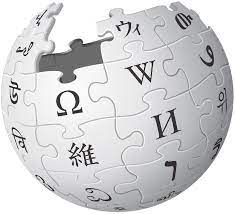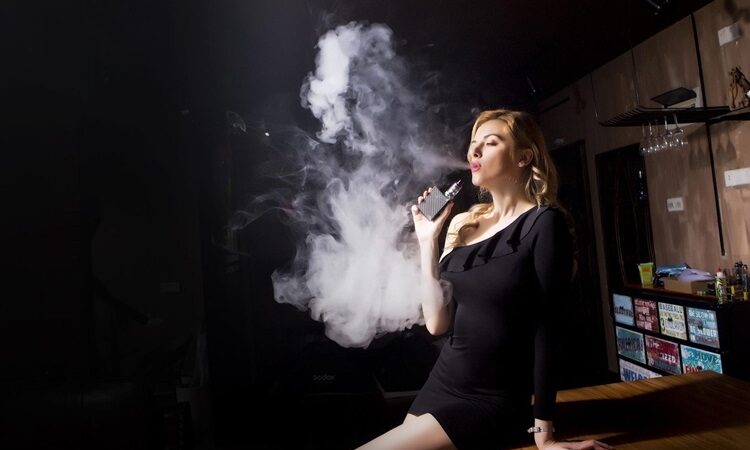Law School DMCA Takedown Requests: A Closer Look

The DMCA and its Role in Copyright Protection
The DMCA is a federal law that provides a legal framework for addressing copyright infringement on the internet. It grants certain safe harbor protections to online service providers (OSPs) who promptly remove infringing content upon receiving a valid takedown notice. This mechanism allows copyright holders to protect their works without resorting to costly litigation.
Law Schools and DMCA Takedown Requests
Law schools, as institutions dedicated to legal education, often find themselves at the center of copyright disputes. Students and faculty members may use copyrighted materials in their research, teaching, or creative endeavors, sometimes pushing the boundaries of fair use. As a result, law schools occasionally receive DMCA takedown notices targeting content hosted on their websites or learning management systems.
The Conflict: Copyright Protection vs. Academic Freedom
The clash between copyright protection and academic freedom is particularly evident when it comes to law schools. While copyright holders have a legitimate interest in safeguarding their works, law schools have a responsibility to foster an environment that encourages critical thinking and scholarly debate. The strict enforcement of copyright laws can potentially stifle these essential aspects of legal education.
On one hand, copyright holders argue that unauthorized use of their works undermines their ability to control and profit from their creations. They contend that law schools should be held to the same standards as any other entity when it comes to copyright infringement. On the other hand, proponents of academic freedom argue that the fair use doctrine allows for the use of copyrighted materials in educational settings. They emphasize the importance of providing students and faculty members with access to a wide range of resources for research and study purposes.
Potential Solutions and Recommendations
Finding a balance between copyright protection and academic freedom is crucial. Law schools can take several steps to navigate this complex landscape effectively. Firstly, they can implement clear copyright policies that educate students and faculty members about their rights and responsibilities. This will help raise awareness about fair use and encourage compliance with copyright laws.
Secondly, law schools can establish mechanisms for reviewing and responding to DMCA takedown requests promptly. This includes having designated individuals or committees responsible for assessing the validity of takedown notices and determining if the use of copyrighted materials falls within the bounds of fair use. Transparency and consistency in this process are essential to ensure that copyright claims are evaluated fairly.
Furthermore, law schools can explore partnerships with copyright holders and licensing organizations to obtain necessary permissions for using copyrighted materials. This proactive approach can help mitigate the risk of receiving DMCA takedown notices while still respecting copyright holders’ rights.
Conclusion
Law school DMCA takedown requests present a unique challenge at the intersection of copyright protection and academic freedom. Striking a balance between these two fundamental principles requires careful consideration and proactive measures. By implementing clear policies, establishing review mechanisms, and exploring licensing partnerships, law schools can navigate this complex landscape while fostering an environment conducive to legal education. Ultimately, finding common ground between copyright holders and academic institutions is crucial to ensure both creativity and scholarship thrive in the digital age.






